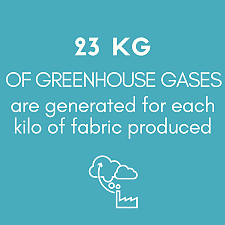Brilliant washing up bowl, robust and really easy to clean
Delighted with my orange washing up bowl. Looks so cheerful and really brightens up the kitchen. Stainless steel is so easy to keep clean and fresh.
Just great to have a washing up bowl that's going to last, and look good for years. Practical, sudtainable and beautiful, what's not to like!
Great washing up bowl. Nice size and colour and hooray no plastic.
The bottles are very light weight and great for cycling .






 Washing synthetic clothes is a problem. New research finds that a whopping 35% of the microplastics found in the oceans comes from clothes washing. According to the report, each time an item of clothing is washed, up to 700,000 microscopic fibres make their way into our oceans, where they are swallowed by sea life and become incorporated into the food chain, potentially ending up on our plates.
Washing synthetic clothes is a problem. New research finds that a whopping 35% of the microplastics found in the oceans comes from clothes washing. According to the report, each time an item of clothing is washed, up to 700,000 microscopic fibres make their way into our oceans, where they are swallowed by sea life and become incorporated into the food chain, potentially ending up on our plates.



















